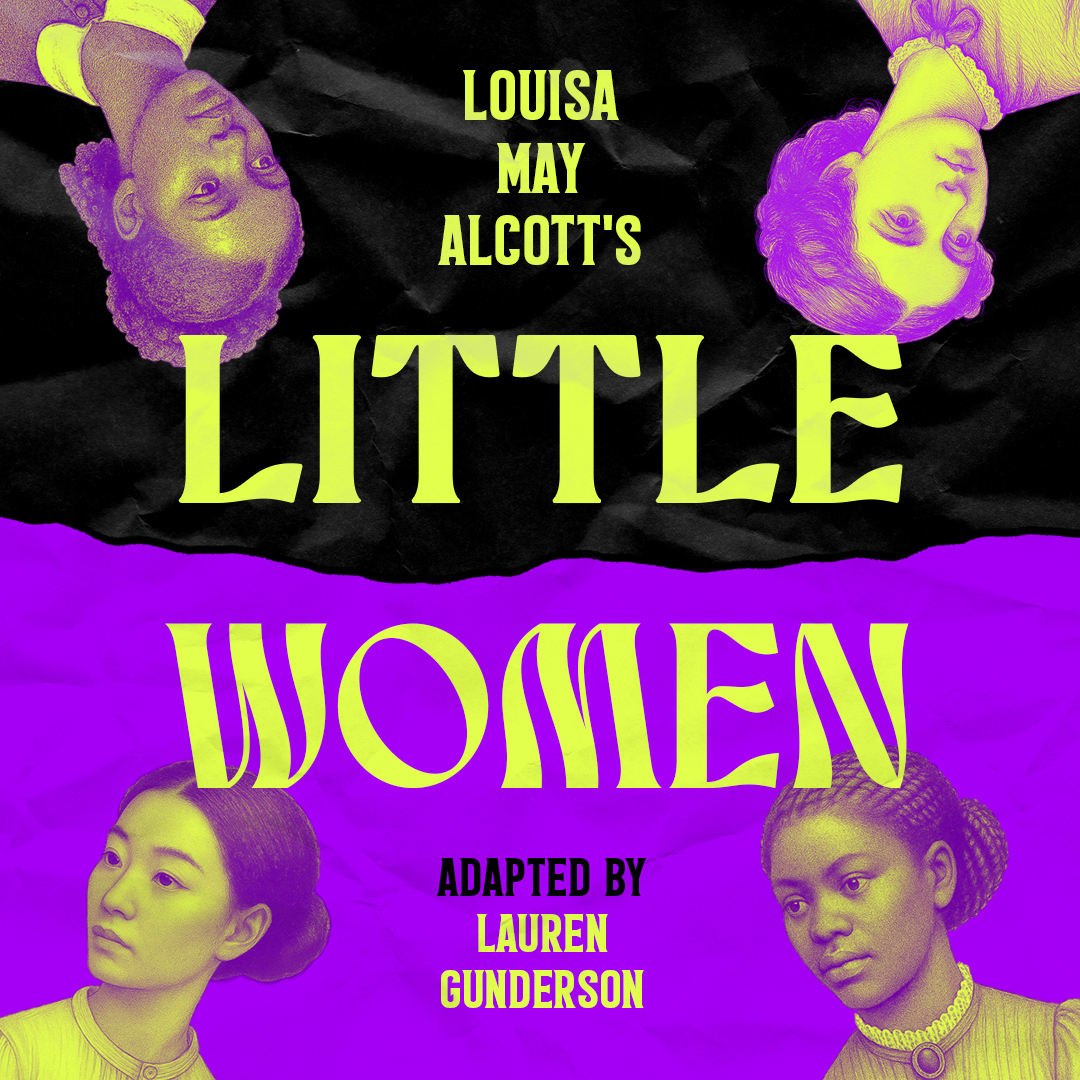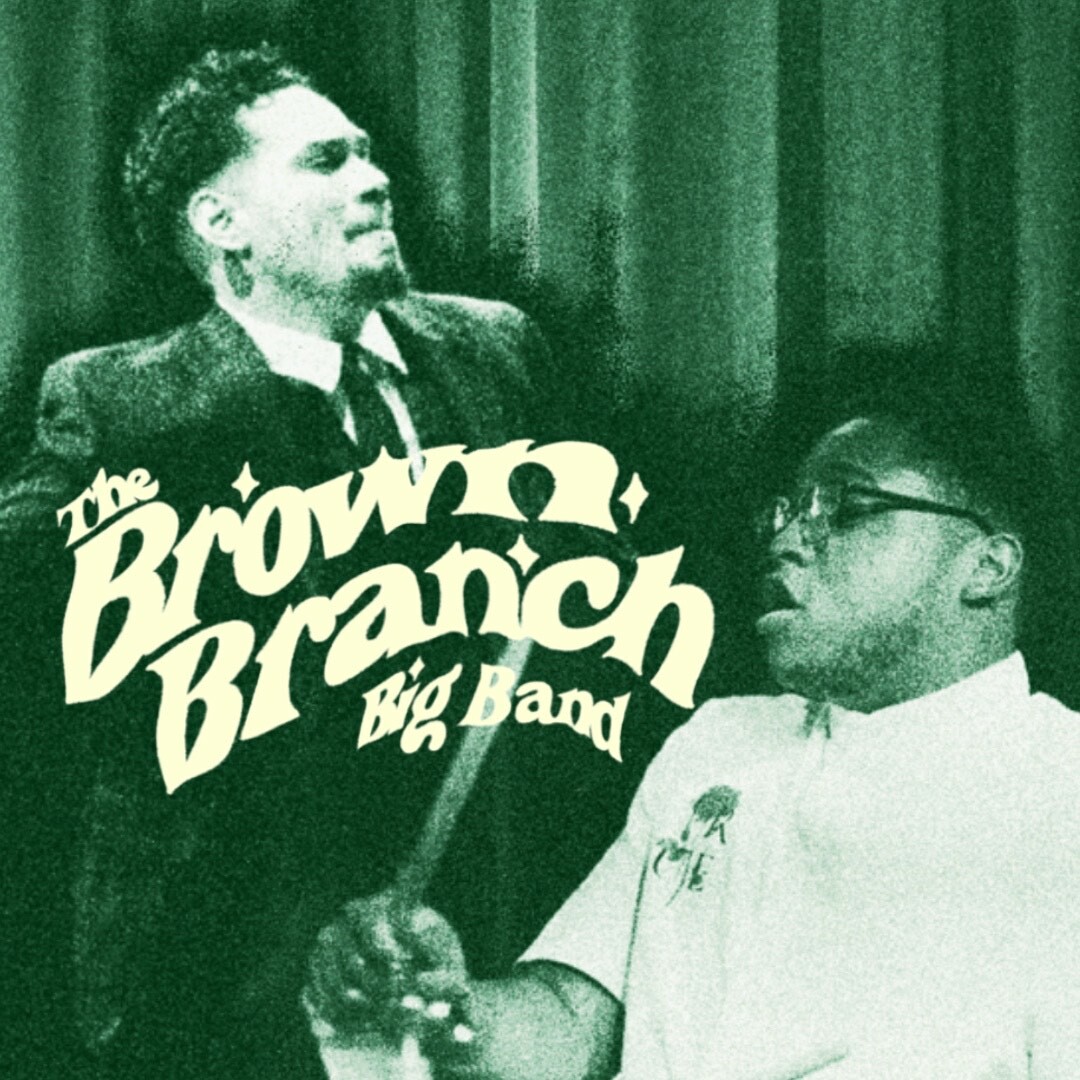Further Resources for "Sense & Sensibility"
"Single women have a dreadful propensity for being poor, which is one very strong argument in favour of matrimony."
— Jane Austen, letter of March 13, 1816
The History of Jane Austen
The 1811 publication of Sense and Sensibility, when Jane Austen was 35, marked the start of her life as a published novelist. It was not the start of her literary life. She had been writing since childhood and had completed an early version of the novel when she was 19. During the long period between first conception and publication she revised it repeatedly, composing two other novels as well: a version of Pride and Prejudice, which a London publisher rejected sight unseen, and one of Northanger Abbey, which was bought but never issued. When Sense and Sensibility finally appeared in print, it sparked a new burst of creativity. In the six years that remained before her death, Austen would finish three more novels and begin a fourth.
Austen was so determined her work should see print that she took a financial risk and published Sense and Sensibility on commission. That is, she agreed to pay for the novel’s production, advertising, and distribution and keep the remaining profit, agreeing to cover any losses. The upfront cost was substantial for a woman of limited means: about £180, more than 40 percent of Austen’s annual household income. Fortunately the first edition sold out its 750 copies, a modest success that netted her £140. She would sell the copyright to Pride and Prejudice shortly after for a smaller but more certain £110. Writing to her brother Francis, she declared her earnings “only mak[e] me long for more.”
The longing for financial success did not mean a longing for fame. Publicity — and, worse, writing for profit — were generally thought disreputable for well-bred women. As a result, “Jane Austen” never appeared on her title pages during her lifetime. Austen also appears to have taken a certain pleasure in privacy. She was reportedly amused, during a visit to a local circulating library, when her niece Anna picked up a copy of Sense and Sensibility and, unaware of its authorship, tossed it aside, saying “Oh that must be rubbish I am sure from the title.”
Apart from a brief period after Austen’s death, the novel has never been out of print.
— Judith Rosen
This article originally appeared in Oregon Shakespeare Festival's Illuminations in 2018.
Further Reading
- Our Tempestuous Day, A History of Regency England, Carolly Erickson
- The Ultimate Guide to all Things Jane Austen
- What Jane Austen Ate and Charles Dickens Knew: From Fox Hunting to Whist—The Facts of Daily Life in Nineteenth-Century England, Daniel Pool
- Jane Austen: The World of Her Novels, Deirdre Le Faye
- Jane Austen and the Theatre, Penny Gay
- A Lady's Education
- All the references you wanted to understand from the movie or novel Sense and Sensibility
- The Jane Austen Cookbook, Maggie Black This book includes Georgian and Regency recipes set in the context of the era’s social and domestic history
- Life in Regency and Victorian England: From 1811—1901, Kristine Hughes
- Jane Austen: The World of Her Novels, Deirde Le Faye
- Jane Austen’s Guide to Good Manners: Compliments, Charades, and Horrible Blunders, Josephine Ross
Just for Fun
Jane Austen’s Guide to Dating, Lauren Henderson
This book draws on the wisdom in Austen’s novels to advise those searching for the perfect mate today. Includes personality quizzes to reveal which Austen character you most resemble.
101 Things You Didn’t Know about Jane Austen: The Truth about the World’s Most Intriguing Romantic Literary Heroine, Patrice Hannon
So You Think You Know Jane Austen? A Literary Quiz book, John Sutherland and Deirdre Le Faye
Thoughts To Consider
- What parallels do you see between Jane Austen’s life and the story of Sense and Sensibility?
- What is the marital dynamic between John and Fanny Dashwood? Who legally controls the family finances, and who is in actual control? Why does John Dashwood decide not to heed his father’s request to give financial aid to the women? What reasons does Fanny put forward to influence his decision?
- Why doesn’t Edward simply break his engagement to Lucy Steele? What does he stand to lose? Why doesn’t Edward tell Elinor that he is engaged? What might he be trying to accomplish by delaying?
- Given that Elinor and Marianne are the protagonists of the story, which one represents sense and which sensibility? In what ways are the journeys of Elinor and Marianne similar? In what ways do their temperaments make them respond differently? What is the significance of the title?
- In what way does the issue of appearances vs reality impact the story? What sort of man does Willoughby appear to be? What sin does Colonel Brandon appear to have committed in the past? What is the reality of the situation?
- Which characters in the play are primarily motivated by the want or need of money? Which characters look for fulfillment in other ways?
Portland Center Stage is committed to identifying & interrupting instances of racism & all forms of oppression, through the principles of inclusion, diversity, equity, & accessibility (IDEA).
















